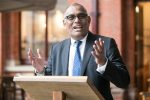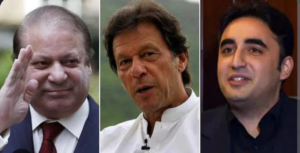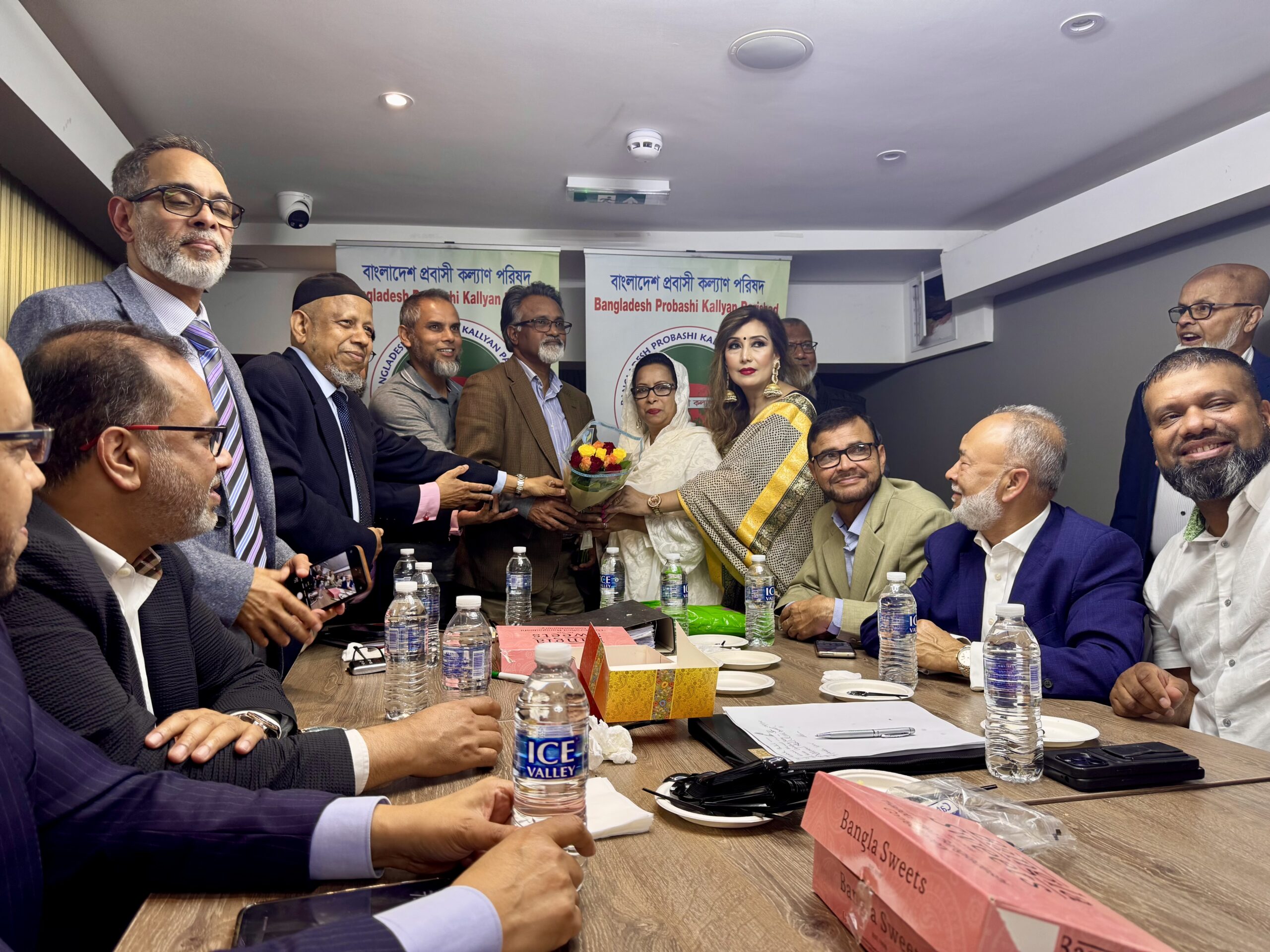Pakistan’s Political Theatre: A Staged Managed Election and Nawaz Sharif’s Resurgence

By Imran Chowdhury, BEM (British Empire Medal)
The writer is an internationally acclaimed geopolitical analyst.
Reflecting on the recent events in Pakistan, it feels like witnessing a recurring drama with a predictable plot twist. The so-called democratic process, marred by allegations of manipulation and coercion, unfolds with a familiar narrative: the military establishment asserting its dominance under the guise of democracy while political figures rise and fall cyclically. This time, however, the spotlight falls on rejecting the birthplace of heinous ideologies and the resurgence of a political stalwart.

The recent election in Pakistan was nothing short of a stage-managed spectacle, where the Army emerged victorious by a significant margin. The façade of democracy was upheld, but the reality behind the scenes painted a different picture altogether. Reports of voter intimidation, media censorship, and the blatant manipulation of electoral processes tarnished any semblance of fairness. The outcome was predetermined, and the people’s voices were drowned out by the echoes of power.
One notable development was its people’s rejection of the Jamat-I-Islami, the notorious birthplace of extremist ideologies. This rejection symbolizes a shift in public sentiment away from the radical ideologies that have plagued Pakistan for decades. It is a glimmer of hope amidst the darkness of extremism, signalling a desire for progressive change and a rejection of divisive rhetoric.
However, the irony cannot be overlooked. The same outfit that once betrayed the nation’s wishes in 1971 by siding with the Pakistan army finds itself shunned by the very institution it once served. It is a testament to the fickle nature of political alliances and the ruthless pursuit of power. History repeats itself, and those who sow the seeds of discord eventually reap the whirlwind of their actions.
Amidst this political turmoil, one figure emerges yet again: Nawaz Sharif. Love or loathe him, Sharif’s return to the limelight is inevitable. He remains a formidable force in Pakistani politics despite facing numerous challenges and setbacks, including exile and imprisonment. His resilience and determination have earned him both admiration and criticism, but there is no denying his enduring influence.
Nawaz Sharif’s journey is akin to a descent from Xanadu, the mythical paradise of opulence and extravagance. He has experienced the highest and lowest highs, yet he continues to defy expectations and bounce back more vital than ever. His political career is a testament to the complexities of power and the enduring allure of ambition.
As the world watches with bated breath, Nawaz Sharif’s resurgence raises essential questions about the future of Pakistan. Will he be able to navigate the treacherous waters of Pakistani politics again? Can he unite a fractured nation torn apart by competing interests and ideologies? Only time will tell.
In the meantime, the international community must remain vigilant and continue to hold Pakistan accountable for its democratic shortcomings. The people of Pakistan deserve free and fair elections, devoid of external interference and manipulation. True democracy cannot flourish in the shadows of authoritarianism and oppression.
As I conclude this reflection, I am reminded of the words of Martin Luther King Jr.: “The arc of the moral universe is long, but it bends towards justice.” Despite the challenges and setbacks, I remain hopeful that Pakistan will eventually emerge as a shining beacon of democracy and progress in South Asia. But until then, the struggle continues, and the world watches on.





